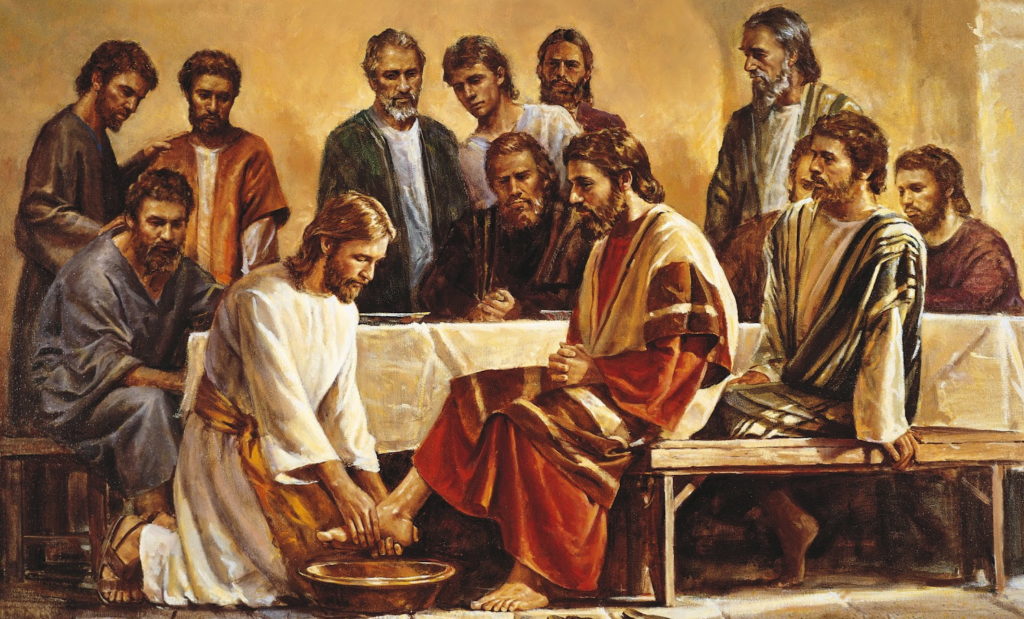As we close out our study of The Beatitudes this year, I was looking for a book to highlight the final one, “Blessed are those who are persecuted for the sake of righteousness, for theirs is the kingdom of heaven.”
In June 2016, I read Marcus Warner and Jim Wilder’s Rare Leadership: 4 Uncommon Habits For Increasing Trust, Joy, and Engagement in the People You Lead, following a recommendation from the Christian Leadership Alliance’s Outcomes Magazine. In their book, Warner and Wilder show that rare leadership is the fruit of these four habits:
- Remain Relational
- Act Like Yourself
- Return to Joy
- Endure Hardship Well
The final habit seemed to be a good fit for this month!
Warner and Wilder contend, “Leaders make things happen. Leaders affect all of us, whether we lead, follow, or try to stay out of the way.”
They point out that one of the biggest mistakes people make in the realm of leadership is focusing too much on “what am I to do?” as opposed to “who am I to be?
According to a ton of new research, performance success in leadership is one-third intelligence (IQ) and two-thirds emotional intelligence (or EQ). Or to put it another way, emotional intelligence counts for twice as much as IQ and technical skills combined to be successful in leading others.
Dr. Hans Finzel, Author of The Top Ten Mistakes Leaders Make (and The Top Ten Leadership Commandments) said, “Long-term results will always require investing in capacity. If relationships are the root of joy, and joy is the jet fuel of high-performing teams, it follows that learning to remain relational is a key factor in creating high-performing teams and building healthy churches and organizations.”
Click here to learn 4 habits for increasing trust, joy, and engagement in the people you lead.


